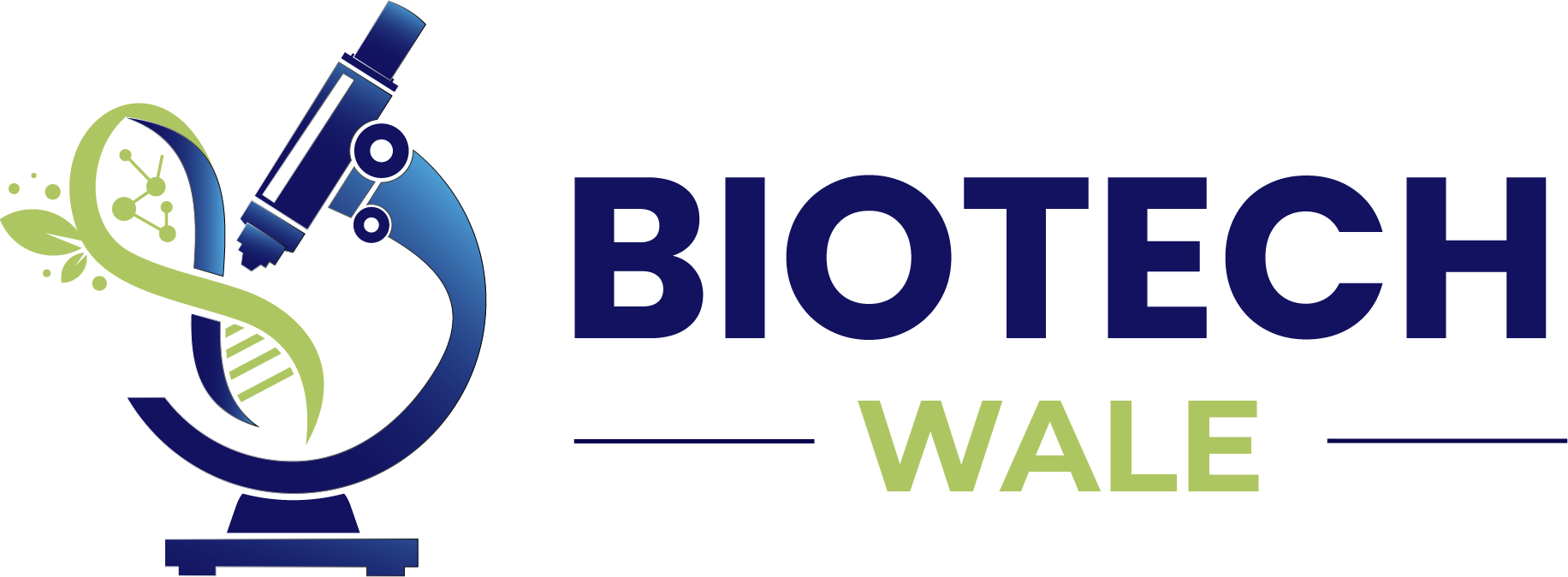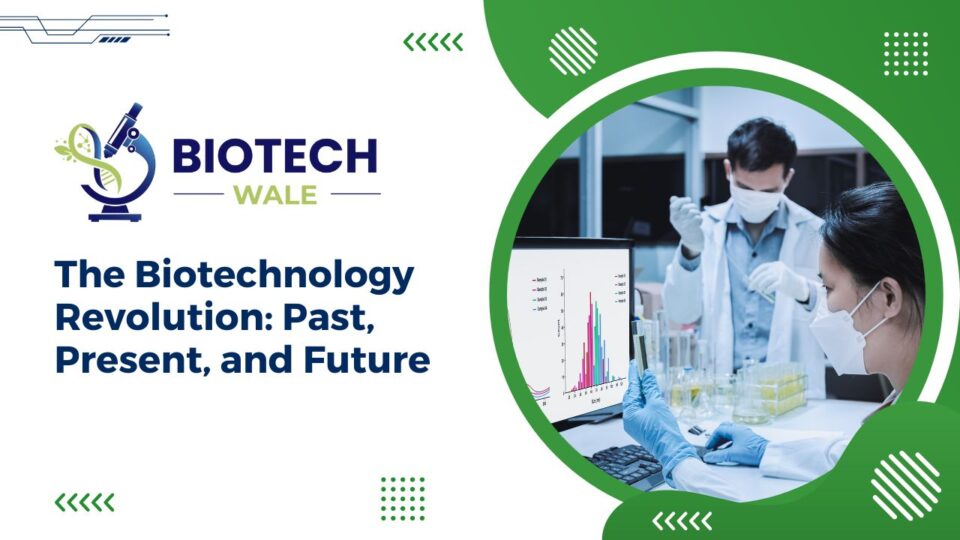Introduction to Biotechnology
Welcome to the fascinating world of biotechnology, where science fiction meets reality! From manipulating genes to creating life-saving vaccines, biotechnology has revolutionized the way we live and interact with our environment. Join us on a journey through the past, present, and future of this groundbreaking field that continues to push boundaries and shape the world as we know it.
Historical Overview of Biotechnology
The history of biotechnology dates back to ancient times when people used fermentation to produce food and beverages. Fast forward to the 20th century, significant advancements were made in genetic engineering and molecular biology, leading to the birth of modern biotechnology.
One of the key milestones was the discovery of DNA’s structure by Watson and Crick in 1953, which laid the foundation for understanding genetics. This breakthrough paved the way for manipulating genes and creating genetically modified organisms (GMOs).
In the 1970s, scientists developed recombinant DNA technology, allowing them to insert foreign genes into organisms. This opened up endless possibilities for medical treatments, agriculture improvements, and environmental solutions.
Biotechnology has evolved rapidly over time, revolutionizing various industries and enhancing our quality of life. The historical journey of biotechnology showcases human ingenuity and innovation at its finest.
Current Applications and Advancements in Biotechnology
Biotechnology has advanced by leaps and bounds in recent years, opening up a world of possibilities for various industries. From healthcare to agriculture, the current applications of biotechnology are vast and diverse. In medicine, biotech companies are developing innovative treatments for diseases like cancer and genetic disorders. Gene editing technologies such as CRISPR have revolutionized the way we approach genetic engineering, offering new hope for patients.
In agriculture, biotechnology plays a crucial role in creating genetically modified crops that are more resilient to pests and environmental stressors. This not only helps increase food production but also ensures sustainability in farming practices. Moreover, advancements in biofuels are paving the way for cleaner energy sources that reduce our reliance on fossil fuels.
The integration of artificial intelligence and big data analytics into biotech research is accelerating the pace of discovery and innovation. By harnessing these cutting-edge technologies, scientists can analyze complex biological systems more efficiently than ever before – leading to breakthroughs that were once thought impossible.
Impact of Biotechnology on Society and the Environment
The impact of biotechnology on society and the environment is profound. In society, biotechnology has revolutionized healthcare, agriculture, and industry. It has led to the development of life-saving drugs, genetically modified crops that resist pests and diseases, and sustainable biofuels.
Biotechnology has also raised ethical concerns about genetic engineering, data privacy, and access to advanced treatments. However, it offers hope for personalized medicine tailored to an individual’s genetic makeup.
In terms of the environment, biotechnology presents solutions to environmental challenges such as pollution cleanup through bioremediation techniques. It also enables the production of eco-friendly materials like biodegradable plastics made from renewable resources.
As we continue to advance in biotechnology research and innovation, it is crucial to consider its long-term effects on both society and the environment while striving for a balance between progress and sustainability.
Ethical Considerations in Biotechnology
As we delve deeper into the realm of biotechnology, ethical considerations take center stage. The manipulation of genes and organisms raises questions about playing “nature’s role.” Are we crossing boundaries that should remain untouched?
One major concern is the potential for misuse or unintended consequences. What if genetically modified organisms escape into the wild, disrupting ecosystems? Should we proceed cautiously or embrace progress at all costs?
Moreover, issues of equity and access come to light. Will these advancements benefit everyone equally, or will they deepen existing social disparities? How do we ensure that biotechnology serves the greater good rather than a select few?
Balancing innovation with ethics is no easy task. It requires thoughtful reflection and continuous dialogue among scientists, policymakers, and society as a whole. As we navigate this complex landscape, one thing remains clear: ethical considerations must guide our journey in harnessing the power of biotechnology responsibly.
Future Potential and Advancements
The future of biotechnology holds immense potential for groundbreaking advancements that could revolutionize various industries. Scientists are continuously pushing the boundaries of what is possible, exploring new avenues to improve healthcare, agriculture, and environmental sustainability.
One key area of focus is synthetic biology, where researchers manipulate biological systems to create novel solutions for complex problems. This field has the potential to lead to the development of custom-designed organisms capable of producing biofuels, pharmaceuticals, and other valuable compounds on a large scale.
Additionally, advances in gene editing technologies like CRISPR-Cas9 offer exciting possibilities for treating genetic disorders and diseases more effectively. With further research and refinement, these tools could pave the way for personalized medicine tailored to individual patients’ unique genetic profiles.
As we look ahead, it’s clear that biotechnology will continue to shape our world in ways we can only begin to imagine. The potential for innovation is limitless, offering hope for a brighter and more sustainable future fueled by scientific ingenuity.
Challenges and Controversies
As with any groundbreaking field, biotechnology comes with its fair share of challenges and controversies. One major concern is the ethical dilemma surrounding genetic engineering and manipulation. The ability to alter DNA raises questions about playing “Nature’s Creator” and the potential consequences.
Another challenge is the regulation of biotechnological products to ensure safety for consumers and the environment. Striking a balance between innovation and precaution can be tricky in an ever-evolving landscape of technology.
Controversies also arise around issues like genetically modified organisms (GMOs) in food production, where debates on health risks versus benefits continue to spark heated discussions among scientists, policymakers, and the public alike.
Navigating these challenges while striving for progress requires ongoing dialogue, research, and consideration from all stakeholders involved in shaping the future of biotechnology.
Conclusion: The Endless Possibilities of Biotechnology
As we look towards the future, it is evident that biotechnology holds immense potential to revolutionize various industries and improve our quality of life. The advancements made in this field have already had a profound impact on society and the environment, paving the way for innovative solutions to complex challenges.
With ongoing research and development, the possibilities offered by biotechnology are truly endless. From personalized medicine and sustainable agriculture to environmental conservation and renewable energy, biotechnological innovations continue to push boundaries and shape a brighter tomorrow.
As we embrace these advancements with cautious optimism, it is essential to consider the ethical implications and address any controversies or challenges that may arise along the way. By fostering open dialogue, promoting responsible practices, and prioritizing sustainability, we can harness the full potential of biotechnology for the benefit of all.
In closing, let us remain curious, adaptive, and proactive in exploring the vast opportunities that lie ahead in the ever-evolving landscape of biotechnology. Together, we can pave a path towards a more resilient, healthier, and harmonious world powered by science-driven solutions.





Average Rating